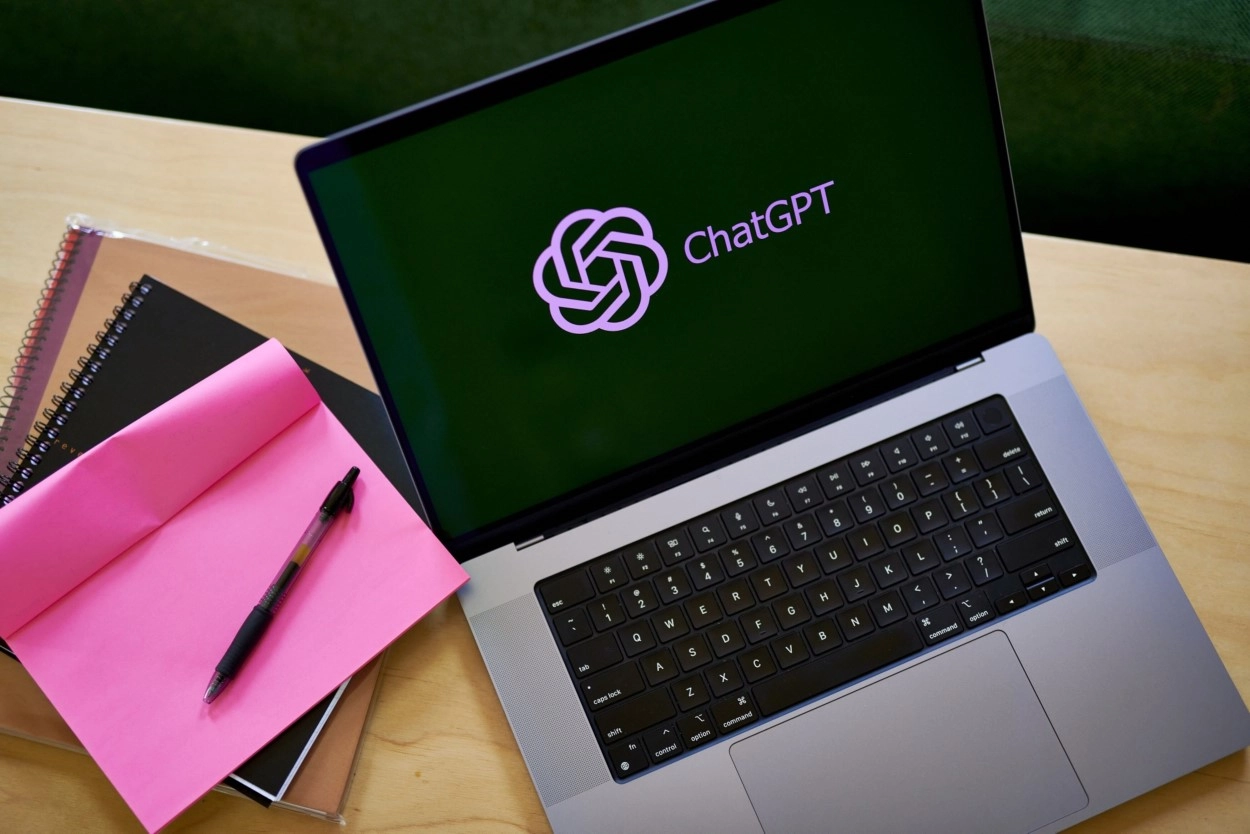
Bloomberg News | Apr 04, 2024
OpenAI is seeing surging demand for the corporate version of ChatGPT even as it confronts a growing number of artificial intelligence companies offering similar products for the workplace.
In an interview on Bloomberg Technology, OpenAI’s Chief Operating Officer Brad Lightcap said there are now more than 600,000 people signed up to use ChatGPT Enterprise, up from around 150,000 in January.
Wow! 400% growth in four months.
OpenAI’s enterprise product denotes its greatest endeavor to monetize its AI chatbot. The commercial version of ChatGPT was introduced by OpenAI in August, with the promise of enhanced features and privacy protections that include data encryption and an assurance that the startup won’t utilize customer information to refine its tech. Nonetheless, it faces rivalry from Anthropic, Cohere, and perhaps its largest investor, Microsoft Corp., who are all pursuing business clientele.
“This is going to be the year of adoption for AI in the enterprise,” stated Lightcap in an interview. “We’re just seeing tremendous momentum.”
As COO of OpenAI, Lightcap’s duty is to establish new revenue streams for the AI startup and confirm that generative AI can be highly profitable. One of Lightcap’s notable projects is heading discussions with media firms to license their content to create OpenAI’s models and be showcased in the ChatGPT app. “I anticipate much more from us in the future on this aspect,” said Lightcap.
Recently, the company announced content licensing agreements with Le Monde, a French newspaper, Prisa, a Spanish media conglomerate, and Axel Springer SE, a German media company. Concurrently, OpenAI is grappling with lawsuits from media corporations, including The New York Times Co., which alleges that the startup has unlawfully utilized its copyrighted works. Lightcap refutes the lawsuit, claiming it to be groundless and stating that the feedback they receive from the publishing sector is predominantly positive.
While Lightcap is engaged in developing the business, OpenAI’s CEO, Sam Altman, has been endeavoring to amass billions from worldwide investors for a semiconductor venture, intending to establish a network of factories, according to earlier reports from Bloomberg. Lightcap refrained from commenting on these plans, though noted a major global shortage of AI chips.
He remarked, “The supply chain will need to be adjusted to accommodate what we predict to be a sharp and nearly exponential demand increase in the next decade.”
The AI field is also experiencing an intense demand for skilled professionals. This past Wednesday, Elon Musk announced that Tesla Inc. intends to raise the compensation for its AI engineering staff, citing what he referred to as “the most intense talent competition I’ve ever witnessed!”
Lightcap agreed with Musk’s views. “Undeniably, this is a competitive sector,” he articulated. “Only a handful of individuals can truly make such a significant change in this domain.”
According to Lightcap, OpenAI currently employs approximately 1,200 people. Additionally, the company has aspirations to establish a new branch in Tokyo. “We experience a substantial demand from a global client base,” he affirmed. “Therefore, we aim to expand to locations where our customers exist. Japan and Asia, in general, happen to attract us significantly.”
LowEndBox is a go-to resource for those seeking budget-friendly hosting solutions. This editorial focuses on syndicated news articles, delivering timely information and insights about web hosting, technology, and internet services that cater specifically to the LowEndBox community. With a wide range of topics covered, it serves as a comprehensive source of up-to-date content, helping users stay informed about the rapidly changing landscape of affordable hosting solutions.






















Leave a Reply